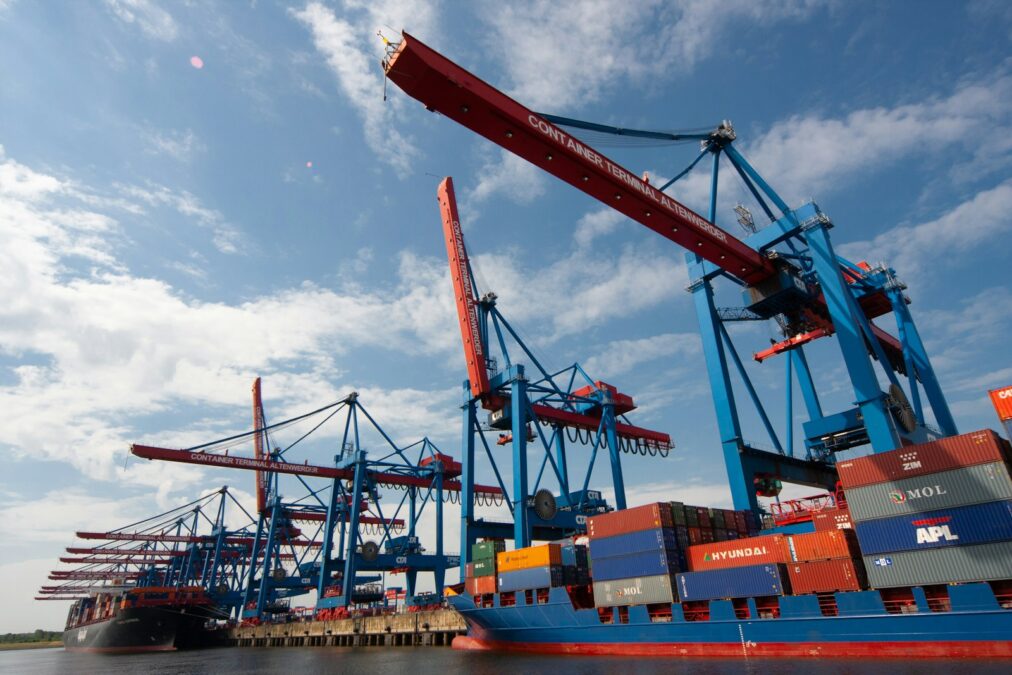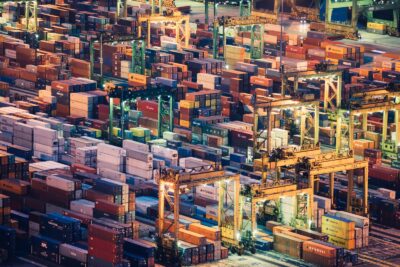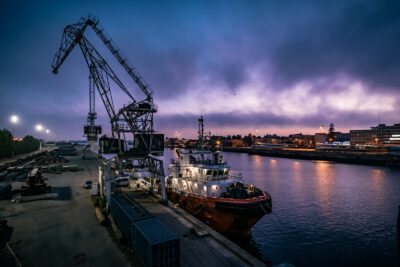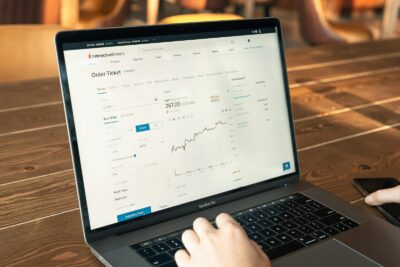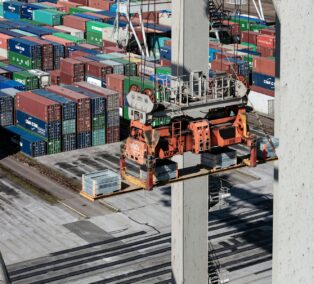The Evolution of Customs Processes
In the realm of global trade, customs processes have traditionally been complex and time-consuming, involving manual inspections, paperwork, and lengthy clearance procedures. However, with the advent of machine learning technologies, this landscape is rapidly changing. Machine learning algorithms are revolutionizing customs processes by enabling smarter, more efficient approaches to managing and facilitating international trade. These advancements are not only streamlining operations but also enhancing compliance, security, and overall trade efficiency.
One of the key areas where machine learning is making a significant impact is in risk assessment and cargo inspection. Traditional customs processes rely heavily on random inspections and manual checks, leading to delays and inefficiencies. Machine learning algorithms, on the other hand, can analyze vast amounts of data—including historical trade patterns, shipping routes, and cargo descriptions—to identify potential risks and anomalies. By leveraging predictive analytics and pattern recognition, customs authorities can prioritize inspections based on risk levels, thus speeding up clearance processes while ensuring security and compliance.
The Benefits of Machine Learning in Global Trade
The adoption of machine learning in global trade offers a myriad of benefits for businesses, governments, and consumers alike. One of the primary advantages is enhanced efficiency and cost savings. By automating routine tasks such as document processing, data entry, and risk assessment, machine learning technologies can significantly reduce processing times and operational costs for customs authorities and trade participants. This, in turn, translates to faster clearance times, reduced inventory holding costs, and improved supply chain agility.
Moreover, machine learning enables more accurate and data-driven decision-making in global trade. By analyzing historical trade data, market trends, and regulatory changes, machine learning algorithms can provide valuable insights and predictions regarding trade flows, demand patterns, and compliance risks. This allows businesses to make informed decisions regarding sourcing, inventory management, and market expansion strategies. Additionally, machine learning can help identify opportunities for process optimization and trade facilitation, leading to smoother and more predictable trade transactions.
Challenges and Considerations
Despite the numerous benefits of machine learning in global trade, there are also challenges and considerations that must be addressed. One such challenge is data privacy and security. Machine learning algorithms rely on large volumes of data, including sensitive trade and customs information. Ensuring the privacy and security of this data is paramount to maintaining trust and compliance with regulatory requirements. Additionally, there may be concerns regarding algorithmic bias and transparency, particularly in decision-making processes that impact trade flows and outcomes. It is essential for organizations to implement robust data governance frameworks and algorithmic transparency measures to mitigate these risks.
Furthermore, the adoption of machine learning technologies requires investment in infrastructure, talent, and organizational capabilities. Many customs authorities and businesses may lack the necessary expertise and resources to implement and maintain machine learning systems effectively. Addressing these skill gaps and building internal capacity for data analytics and machine learning will be crucial for realizing the full potential of these technologies in global trade. Additionally, collaboration and knowledge-sharing among stakeholders, including governments, businesses, and technology providers, will be essential for driving innovation and best practices in the field of machine learning-enabled customs processes.
With the rapid evolution of technology, particularly in the realm of machine learning and artificial intelligence, the landscape of global trade is experiencing a profound transformation. Machine learning algorithms are revolutionizing customs processes by enabling predictive analytics and data-driven decision-making. By harnessing vast amounts of trade data, these algorithms can identify patterns, detect anomalies, and predict potential risks with remarkable accuracy. This level of insight empowers customs authorities to streamline procedures, reduce bottlenecks, and enhance overall trade efficiency. Moreover, the integration of machine learning into customs operations fosters greater innovation, paving the way for the development of new strategies and approaches to trade facilitation and security. As countries continue to navigate the complexities of international trade, the adoption of machine learning technologies promises to be a pivotal factor in shaping the future of global commerce.
#MachineLearning #GlobalTrade #CustomsProcesses #TradeEfficiency #PredictiveAnalytics #DataDriven #SupplyChain #TradeFacilitation #DataPrivacy #AlgorithmicTransparency #DataGovernance #TradeSecurity #Innovation #DataAnalytics #TechnologyIntegration

